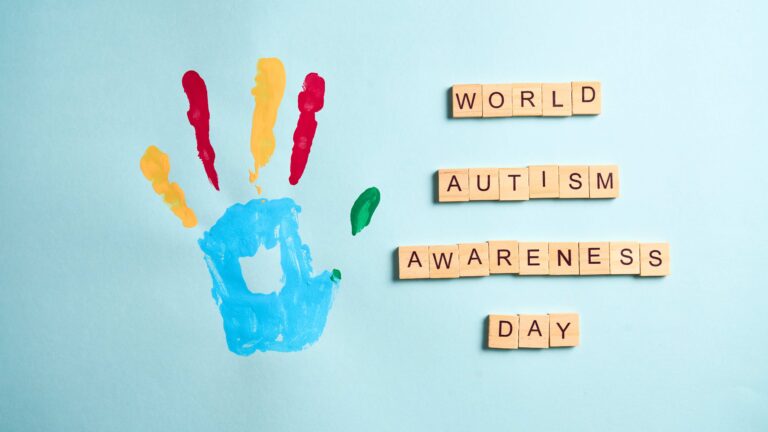Table of Contents
What Does World Autism Awareness Day truly stand for?
Not long ago, Autism Spectrum Disorder (ASD) was often misunderstood, leading to stigma and isolation for those diagnosed. However, with growing awareness and advocacy, the global community has made significant strides in fostering understanding, acceptance, and support for individuals with autism and their families. One of the most impactful initiatives in this movement is World Autism Awareness Day, an internationally recognized event dedicated to promoting awareness and encouraging meaningful action to create a more inclusive society.
But what does World Autism Awareness Day truly stand for? This day serves as a powerful reminder of the importance of acceptance and advocacy. It brings together neurodiverse communities, families of individuals with ASD, and organizations working to protect their rights and push for more societal support.
In this blog by ABA Centers of Rhode Island, we will explore the significance of this day, the challenges faced by individuals with autism, and how everyone can contribute to a more inclusive world.
Understanding Autism: Beyond Awareness to True Acceptance

ASD is a neurodevelopmental condition characterized by differences in communication, behavior, and sensory processing. It affects individuals in varying ways, which is why the DSM-V categorizes it as a spectrum and introduces three different levels:
- Level 1 requires some support
- Level 2 individuals require significant support
- Level 3 requires more substantial support
These levels mean that some individuals may require significant support in daily life, while others can live independently but may still face social or sensory challenges.
Historically, misconceptions about autism led to widespread stigma, making it difficult for individuals to receive proper education, employment opportunities, and even social inclusion.
While research advancements and advocacy efforts have improved awareness, true inclusion requires more than just recognizing autism—it demands acceptance and action!
The History and Purpose of World Autism Awareness Day
The United Nations established World Autism Awareness Day in 2007, designating April 2 as a day to increase global understanding of autism and encourage policies that promote inclusivity and overall support. This recognition came at a time when awareness was still limited, and many countries lacked the necessary support systems for individuals with autism and their families.
Since then, this day has served as a global platform for education, advocacy, and meaningful change. Schools, workplaces, and communities organize events, discussions, and campaigns to highlight the challenges and strengths of individuals on the spectrum.
One of the most recognized initiatives to date is Autism Speaks’ Light It Up Blue campaign, which encourages people to wear blue, join organizations, buildings, and homes worldwide to light up in blue, and participate in events to show support.
However, awareness alone is not enough. The goal is to transition from simple recognition to tangible action—ensuring that individuals with autism have access to education, employment, healthcare, and social spaces that accommodate their needs.
Why Society’s Support Matters
Families often serve as the primary advocates for individuals with autism, but creating a truly inclusive world requires the involvement of society as a whole. Inclusion is not just about accommodating those with autism in schools or workplaces—it’s about recognizing their rights, valuing their contributions, and ensuring they have equal opportunities to succeed.
Inclusive environments can take many forms, including:
Education: Schools should implement sensory-friendly classrooms and train staff who understand how to support students with different learning needs.
Workplaces: Businesses should promote hiring practices that welcome neurodiverse individuals, provide accommodations, and recognize the strengths that employees with autism bring, such as attention to detail and strong pattern recognition skills.

Public Spaces: Communities can design sensory-friendly environments in recreational areas, libraries, and shopping centers, making them accessible for individuals with sensory sensitivities.
Healthcare and Therapy Services: Improve the coverage of therapies like Applied Behavior Analysis (ABA) to ensure that everyone has the opportunity to learn positive skills and benefit from evidence-based autism care treatment.
How You Can Contribute to Autism Acceptance and Inclusion
Creating a more inclusive world for individuals with autism requires support from everyone. It is not enough for just the family and one small group to advocate for understanding and support; it is necessary for the contribution of the whole world.
World Autism Awareness Day encourages everyone to contribute to fostering a more inclusive and empathetic society. If you’re wondering how you can do so, follow these five simple steps to start your support.
- Educate Yourself and Others: Learn about autism from credible sources. Challenge myths and misinformation when you hear them.
- Advocate for Policy Change: Support initiatives that push for better access to education, employment, and healthcare for individuals with autism.
- Create Inclusive Social Interactions: If you know someone with autism, be mindful of their communication style and sensory needs. Respect their boundaries and find ways to connect that are comfortable for them.
- Support Autism-Friendly Businesses and Organizations: Many businesses are making efforts to be more inclusive, whether through hiring practices or sensory-friendly events. Supporting these initiatives encourages broader adoption of such policies.
- Engage in Community Events: Participate in autism awareness events, fundraising efforts, or support groups that work toward building a more inclusive society.
ABA Centers of Rhode Island: Supporting Families and the Neurodiverse Community
At ABA Centers of Rhode Island, we foster real change in the lives of individuals with autism and their families. Our personalized ABA therapy services support children and adults with autism in developing essential life skills, improving communication, and achieving greater independence.
Beyond therapy, we actively promote community engagement through events and initiatives that encourage inclusion and acceptance, from workshops for parents and caregivers to seasonal events that promote fun and community engagement. We strive to create spaces where neurodiverse individuals feel seen, heard, and supported.
As we celebrate World Autism Awareness Day, let’s remember that awareness is just the beginning. Through collective efforts, we can build a world that genuinely embraces neurodiversity, ensuring that individuals with autism have the opportunities and support they deserve.
For more information about our services, contact us at (855) 922-4184 today, fill out our form, and join us in making a meaningful impact.







